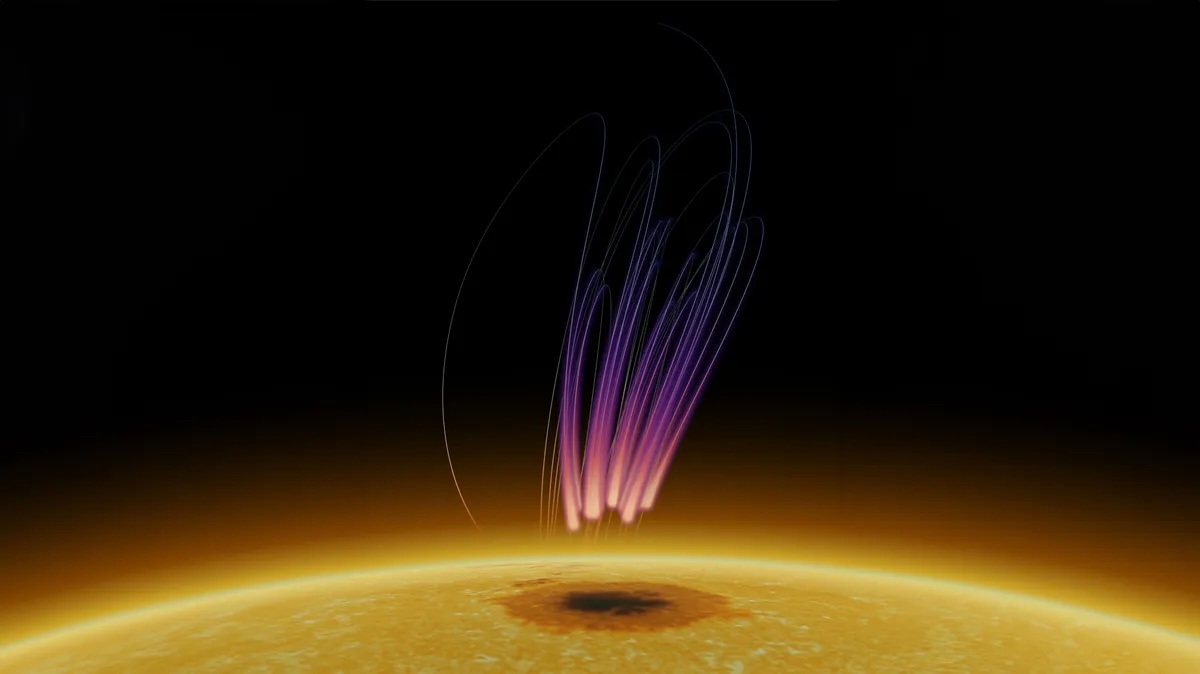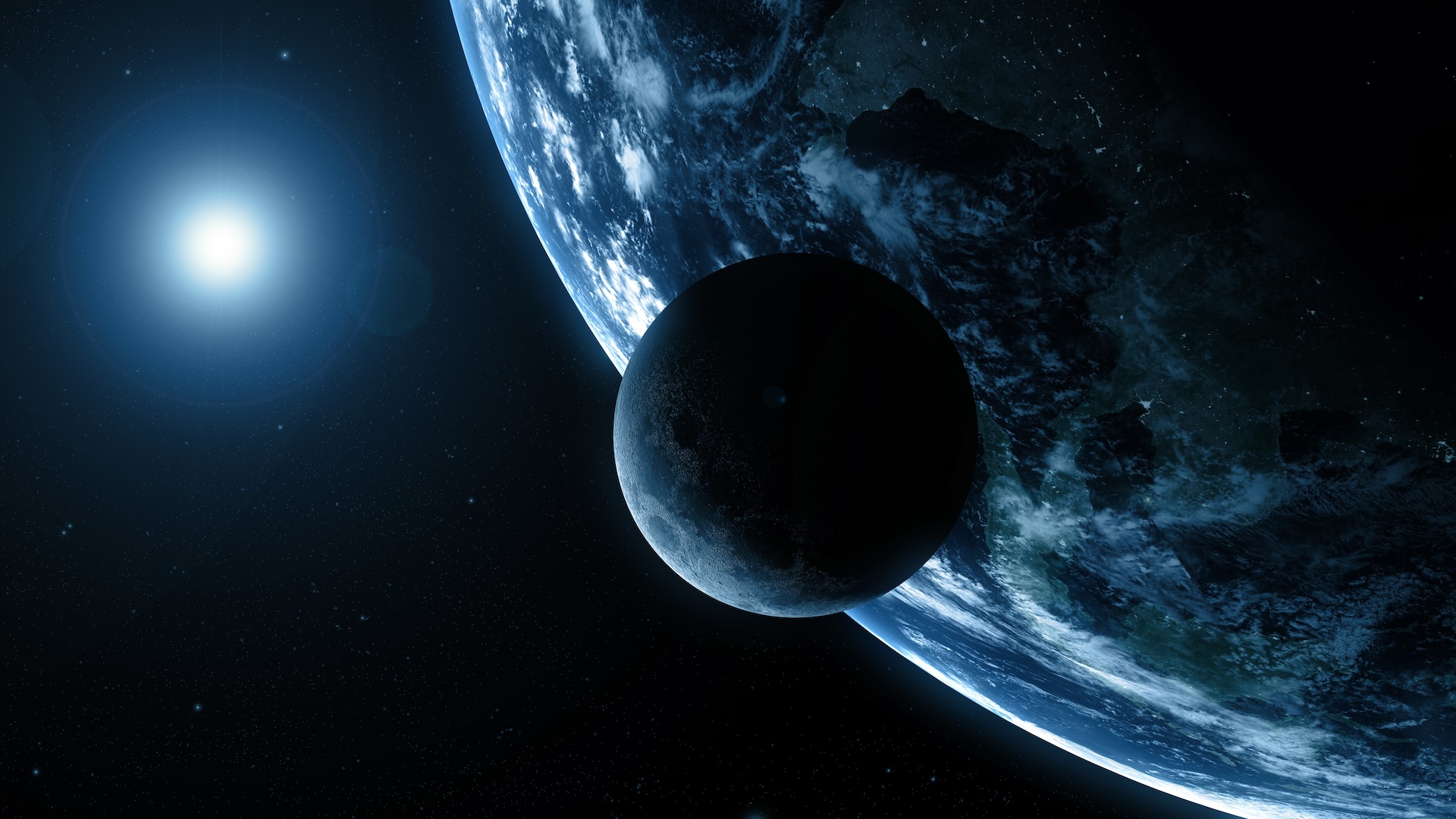earth
Latest about earth
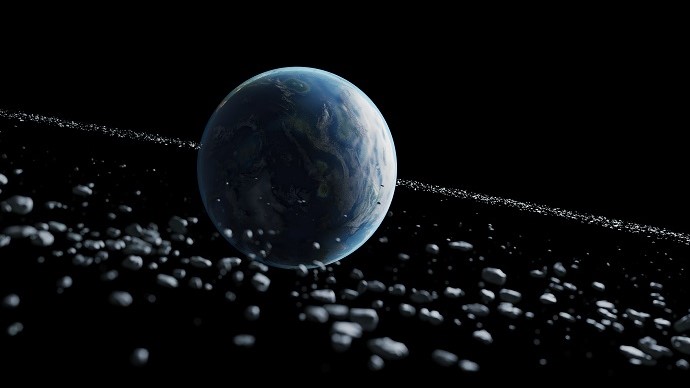
Earth once wore a Saturn-like ring, study of ancient craters suggests
By Ben Turner published
The ring could be responsible for a prolonged drop in temperatures millions of years ago.
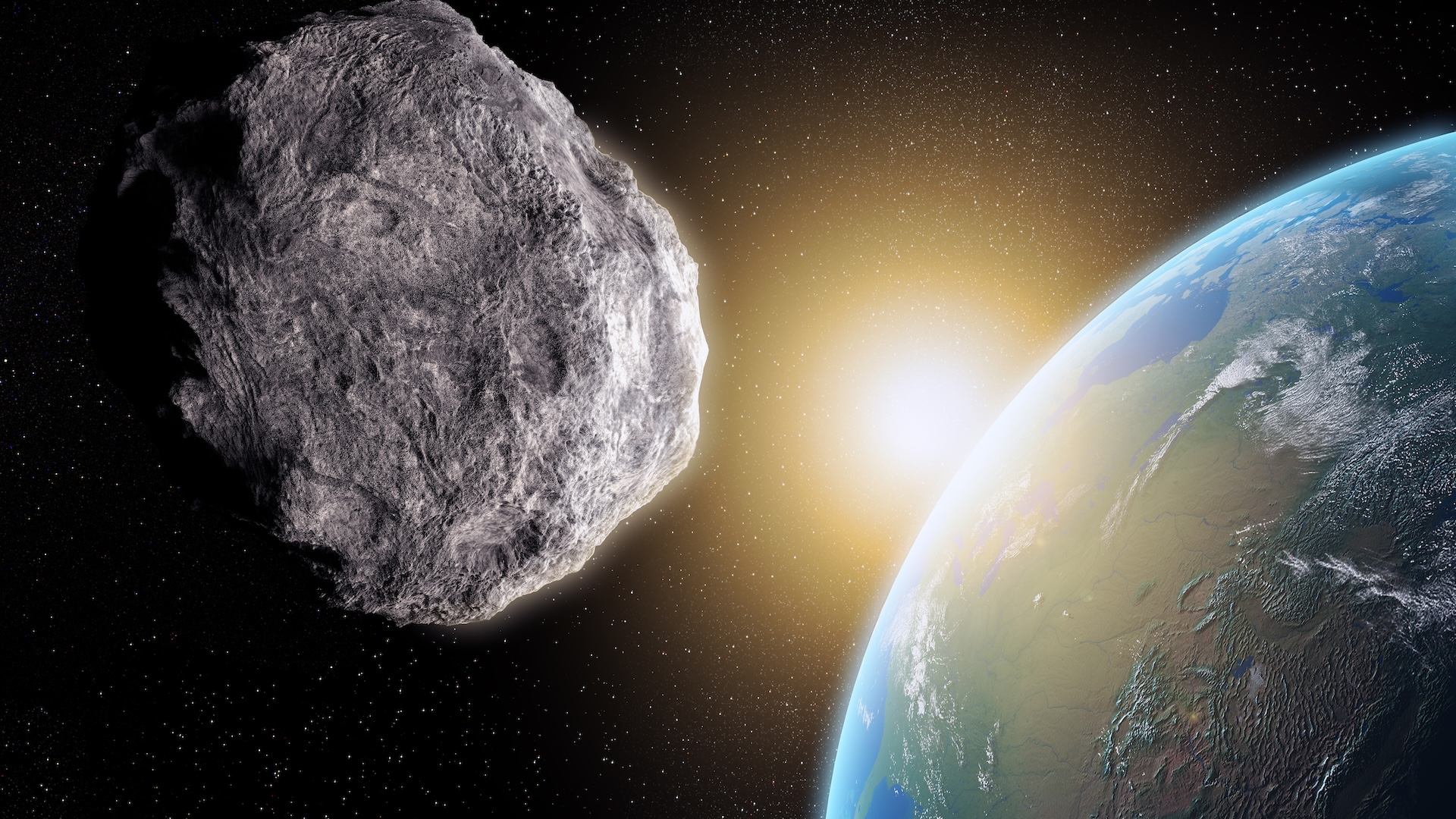
Earth's new 'mini-moon' will orbit our planet for the next 2 months
By Ben Turner published
A tiny asteroid will orbit around our planet for 53 days from the end of September.

Fall equinox 2024: When it is, why it happens and what to look for
By Jamie Carter published
On Sunday, Sept. 22, day and night will be nearly equal in length as Earth spins side-on to the sun and autumn officially begins in the Northern Hemisphere.
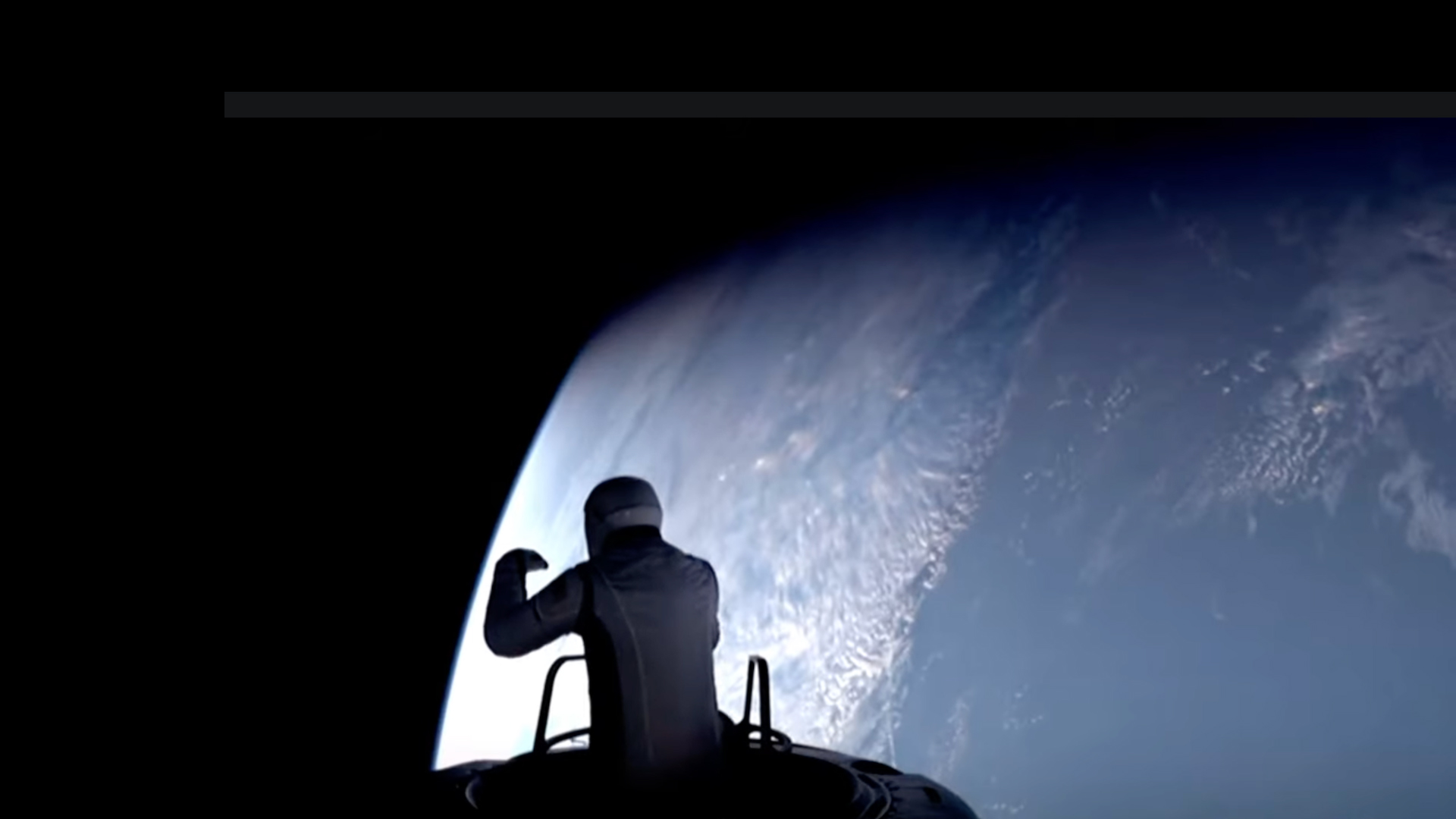
Space photo of the week: Space X's Polaris Dawn astronauts 'touch the void' on 1st-ever private spacewalk
By Tia Ghose published
SpaceX Polaris Dawn astronaut Jared Isaacman briefly "touched the void" as he embarked on the first-ever private spacewalk Thursday (Sept. 12).

'Exceptional' eclipse image and stunning 'Dolphin Head nebula' among 2024's Astronomy Photographer of the Year winners
By Sascha Pare published
A composite image of an annular solar eclipse showing Baily's Beads won top prize at the 2024 Astronomy Photographer of the Year contest.
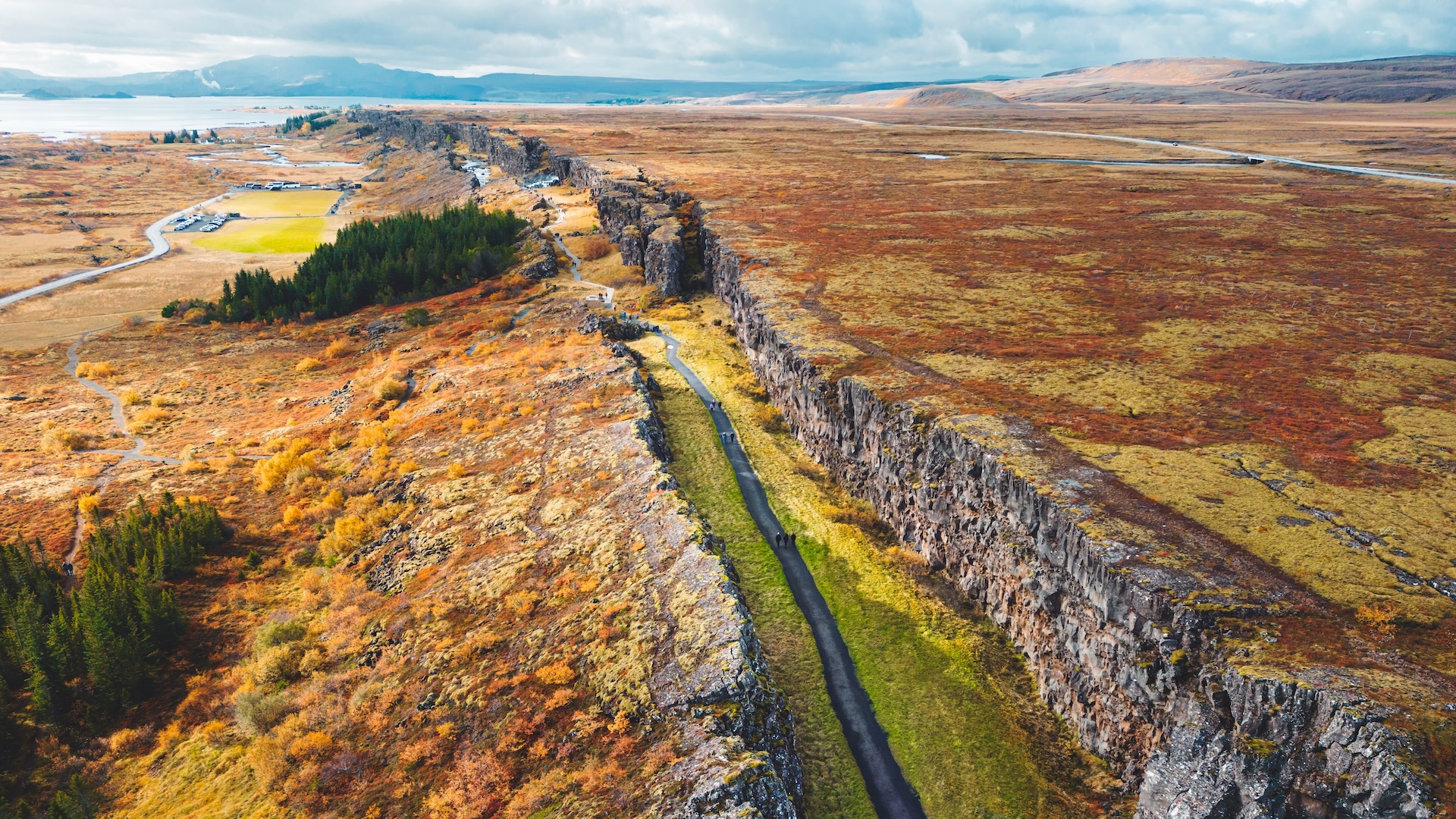
Mesmerizing animation shows Earth's tectonic plates moving from 1.8 billion years ago to today
By Alan Collins published
It's the first time Earth's geologic record — information found inside rocks — has been used to create an animation of this kind.
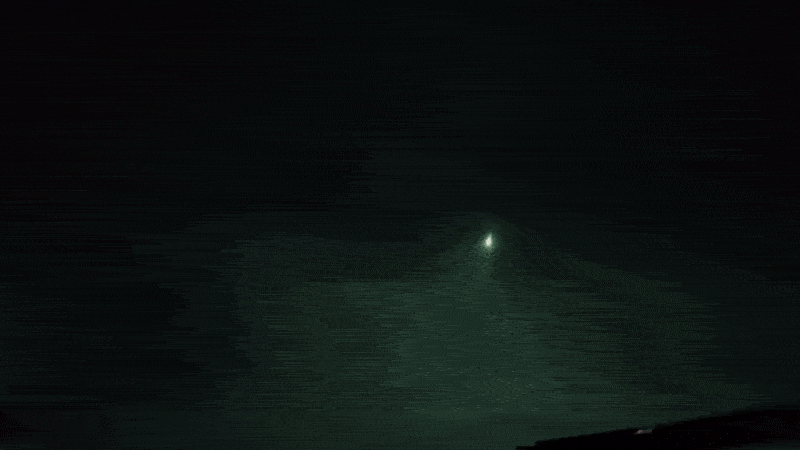
Asteroid slams into Earth triggering stunning green 'fireball' above the Philippines — 8 hours after it was 1st spotted
By Harry Baker published
On Wednesday (Sept. 4), astronomers spotted a never-before-seen asteroid, 2024 RW1, around eight hours before it entered Earth's atmosphere. The "harmless" space rock quickly burned up as predicted, creating a bright green streak across the night sky before spectacularly exploding.
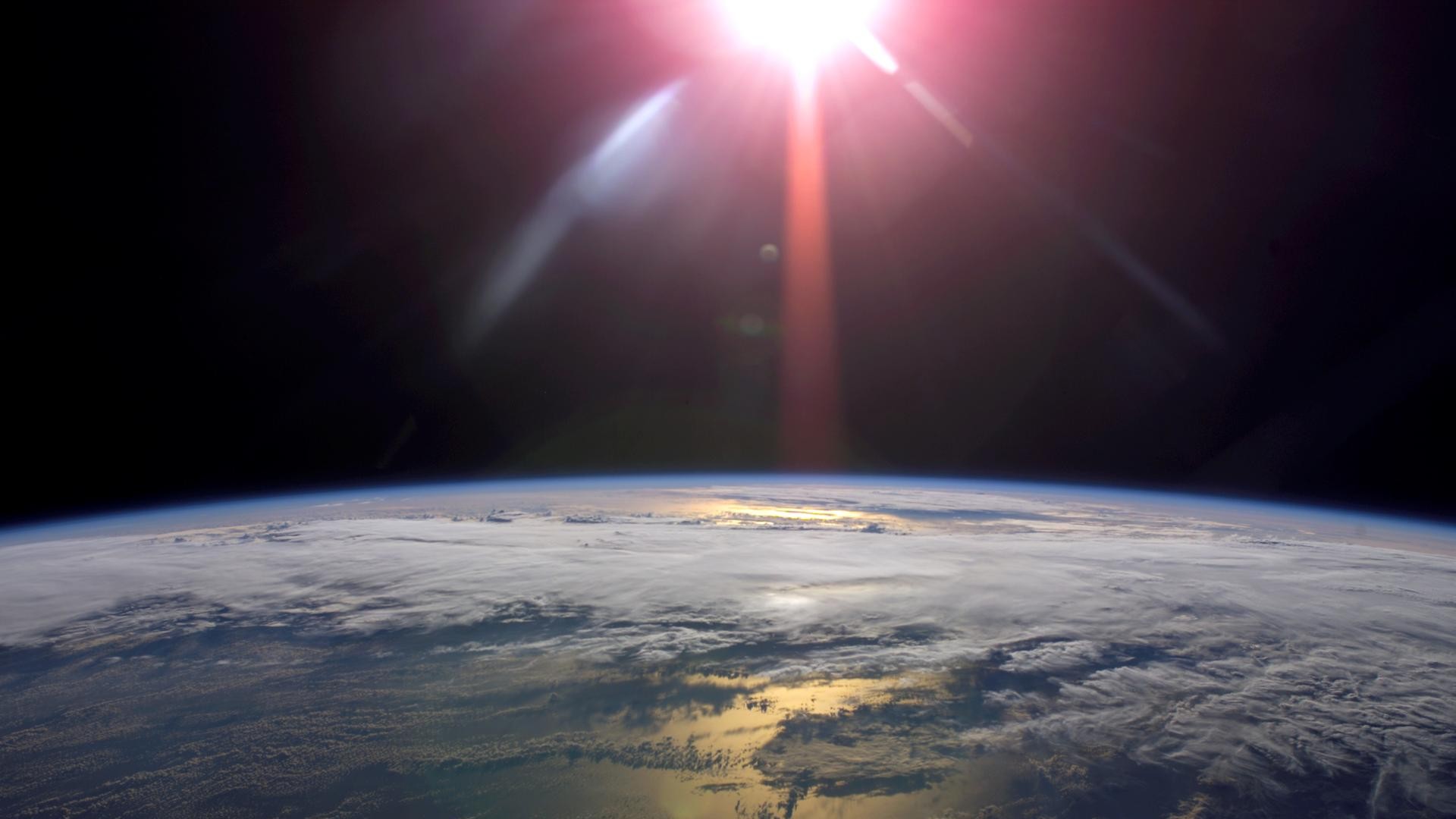
NASA discovers planet-wide electric field around Earth that's shooting bits of our atmosphere into space
By Ben Turner published
NASA scientists have discovered a planet-wide electric field surrounding Earth, confirming a 60-year-old hypothesis. Studying the field could yield some vital information about how our planet's atmosphere has evolved.
Sign up for the Live Science daily newsletter now
Get the world’s most fascinating discoveries delivered straight to your inbox.
